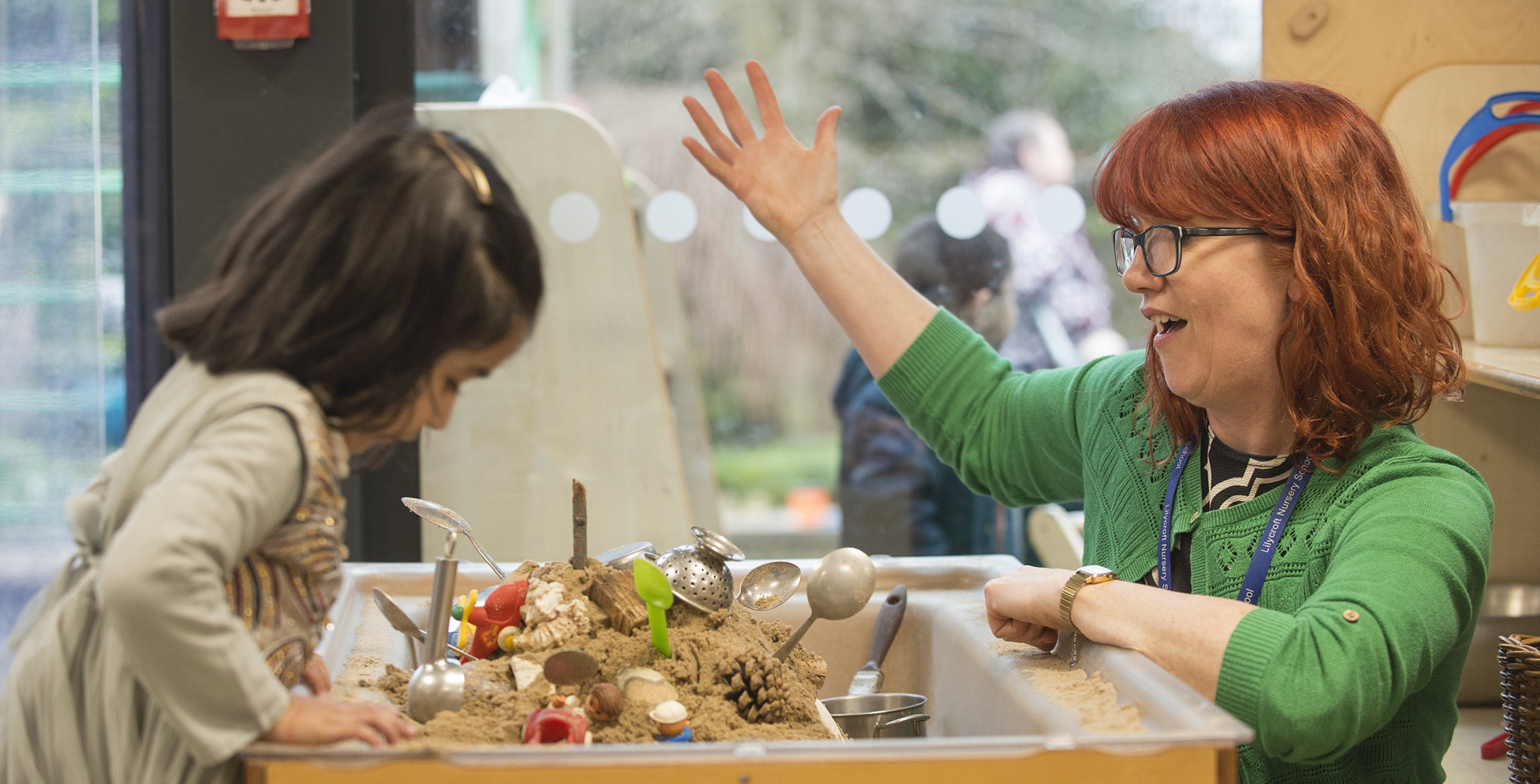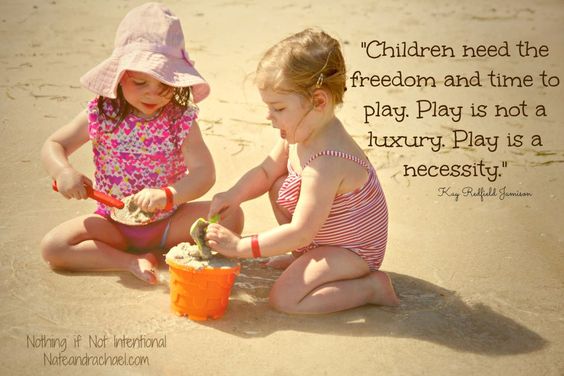

There’s a lot happening during playtime. Little ones are lifting, dropping, looking, pouring, bouncing, hiding, building, knocking down, and more. They are learning key scientific concepts, such as what sinks and floats; mathematical concepts, including how to balance blocks to build a tower; and literacy skills, such as trying out new vocabulary or storytelling skills as children “act out” different roles. And when your children play with you, they are also learning - that they are loved and important and that they are fun to be around. These social-emotional skills give them the self-esteem and self-confidence they need to continue building loving and supportive relationships all their lives."-Zero to Three Journal
10 reasons why play is important
1. Play lays the foundation for literacy. Through play children learn to make and practise new sounds. They try out new vocabulary, on their own or with friends, and exercise their imagination through storytelling.
2. Play is learning. Play nurtures development and fulfils a baby’s inborn need to learn. Play takes many forms, from shaking a rattle to peek-a-boo to hide-and-seek. Play can be done by a child alone, with another child, in a group or with an adult.
3. Play encourages adults to communicate with the children in their lives. Adults support play by giving children the opportunity to engage in play, by knowing when not to intervene, and by knowing when to intervene.
4. Play gives children the chance to be spontaneous. You may think your child should be rolling the truck on the ground but that doesn’t mean that truck is not equally useful as a stacking toy.
5. Play gives children choice. Having enough toys or activities to choose from will allow children to express themselves.
6. Play gives children space. To practise physical movement, balance and to test their own limits.
7. Play gives adults the chance to learn how to play again. One of the most challenging parts of play is incorporating yourself in it.
8. Play allows adults to learn their child’s body language. Knowing when you should incorporate yourself in your child’s play is key.
9. Play teaches adults patience and understanding. If you do choose to join in your child’s play make sure that you do not try to take it over and force incorporation of your ultimate learning objectives into their play. Structured adult-led activities have their time and place but remember to allow for time for children to control and decide their own play.
10. Play is fun. Learning to play well, both by themselves and with others, sets children up to be contented and sociable.